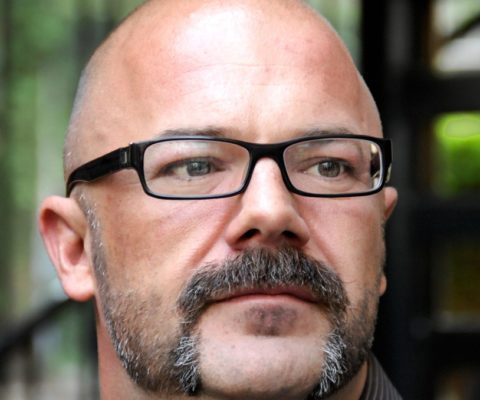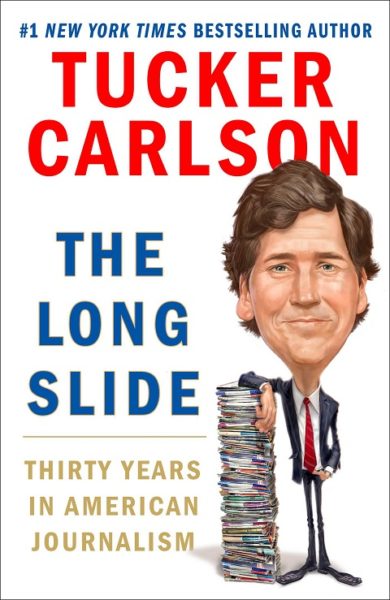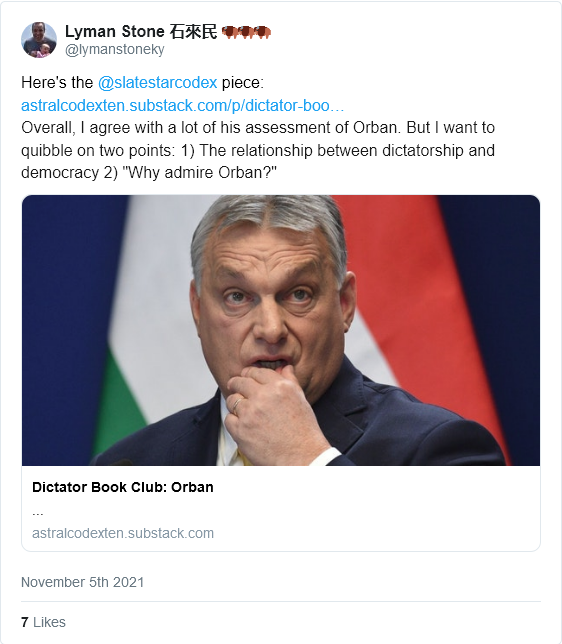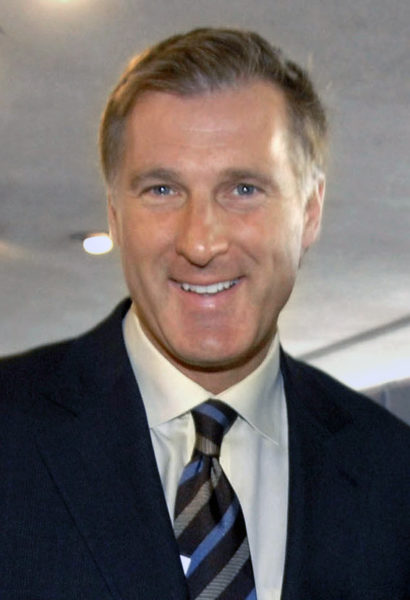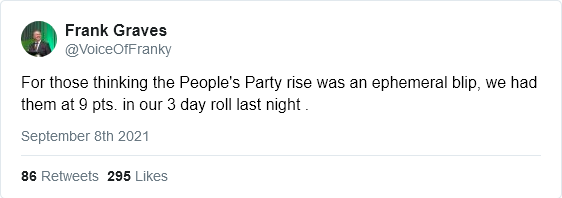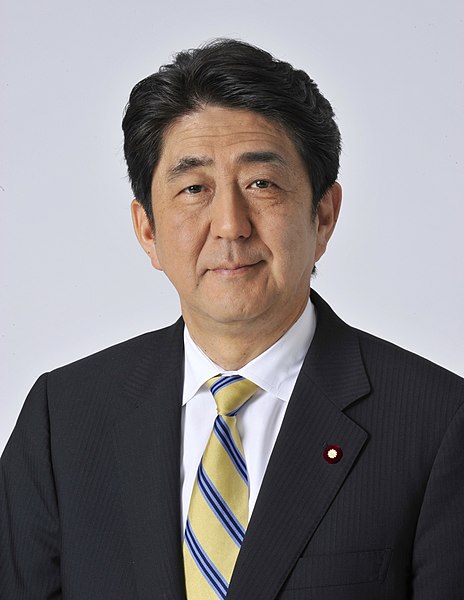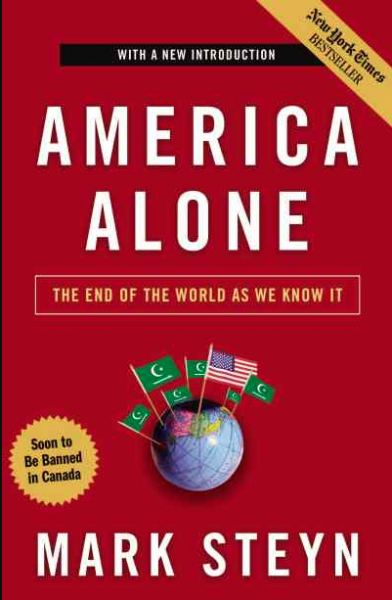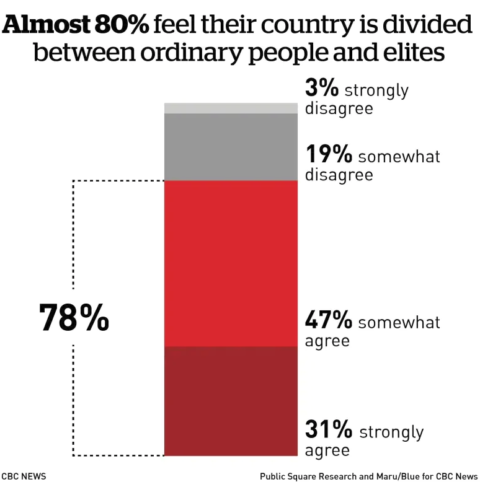In The Line, Andrew Potter points out an interesting historical quirk where Canadian practice has long been at odds with most other western democracies:
On social media, it was common to see people lamenting this co-optation of the Canadian flag, with some wondering if it was even acceptable to fly the flag any more.
The reason this has been so disconcerting for so many is that a long-standing feature of the Canadian political landscape has been that the nationalists were predominantly on the left. As the author Stephen Henighan noted years ago in his essay “Free Trade Fiction”, this made Canada close to unique among industrialized, developed countries in the West, where the nationalists tend to be on the right. Left-wing nationalism is typically a feature of post-colonial states, where the fight for independence or liberation from colonial oppressors gets wrapped up into a nationalist narrative.
The reason left-wing nationalism has been so appealing to Canadians was precisely because of our weak identity and ongoing concerns over assimilation, first into the British empire, then later into the American continentalist project. If there’s a founding document of this tendency it is Margaret Atwood’s Survival, but it is prefigured by books like George Grant’s Lament for a Nation and finds its popular expression in everything from Heritage Minutes to the famous Joe Canada ad for Molson beer.
The left-wing focus of Canadian nationalism held sway from the end of the Second World War until about five years ago, and it was hugely consequential for Canadian politics. Most obviously, it helped establish the Liberals as the natural governing party. By making support for Liberal policies synonymous with defending Canadian independence, and by treating Liberal values as Canadian values, the Liberals were able to effectively frame their conservative opponents as un-Canadian.
On the continental policy front, it served to place a pretty clear barrier to deep political integration with the United States. In a 2005 essay that looked at the prospects for political co-operation between Paul Martin’s Liberals and George W. Bush’s Republicans, Joe Heath noted that the big obstacle to Canadian participation on things like Ballistic Missile Defence was the fact there was virtually no ideological overlap between nationalist groups in Canada and the U.S.
[…]
Today, things have completely reversed. A major catalyst for this shift was the decision by Justin Trudeau, when he came to power in 2015, to make denigrating Canada central to his Liberalism. It began when he started issuing formal apologies for past wrongs, at an unprecedented rate for Canadian federal governments. Then there was his acceptance of one of the findings of the National Inquiry into Missing and Murdered Indigenous Women and Girls, that Canada committed genocide against Indigenous peoples. Then there was his decision last spring to order all federal flags to fly at half-mast after the reports of the unmarked graves of hundreds of Indigenous children who died while in the supposed care of the residential school system. The flags remained lowered for months, until pressure from veterans groups and the approach of Remembrance Day forced his hand and he ordered the flags raised.
Whatever the merits of any of these initiatives taken on their own, taken as a whole they set a recurring tone from the government, that Canadians were a fallen people. There is no question that dumping on Canada is a deliberate strategy for the Trudeau Liberals. What is less clear is whether, in persuading Canadian leftists to dislike their country, the prime minister realizes the forces he has unleashed in the process.


